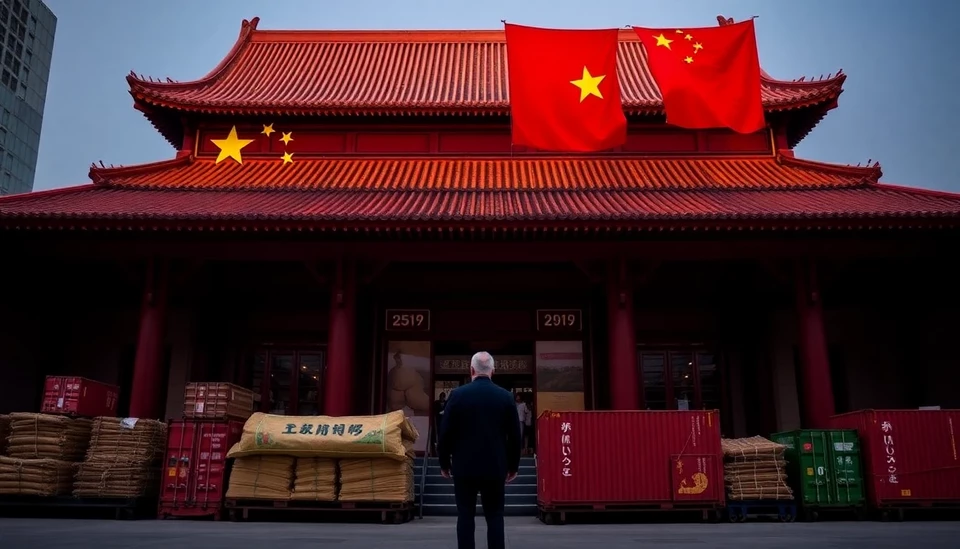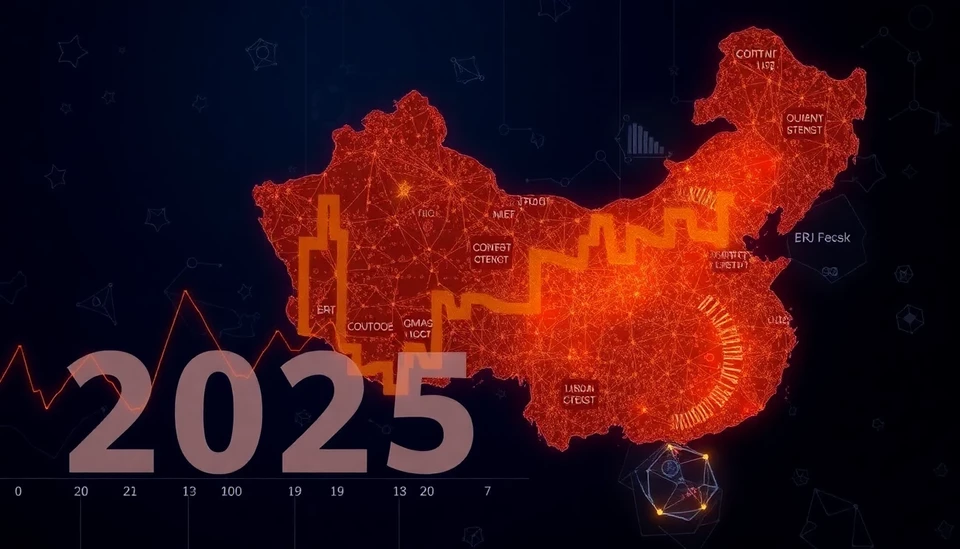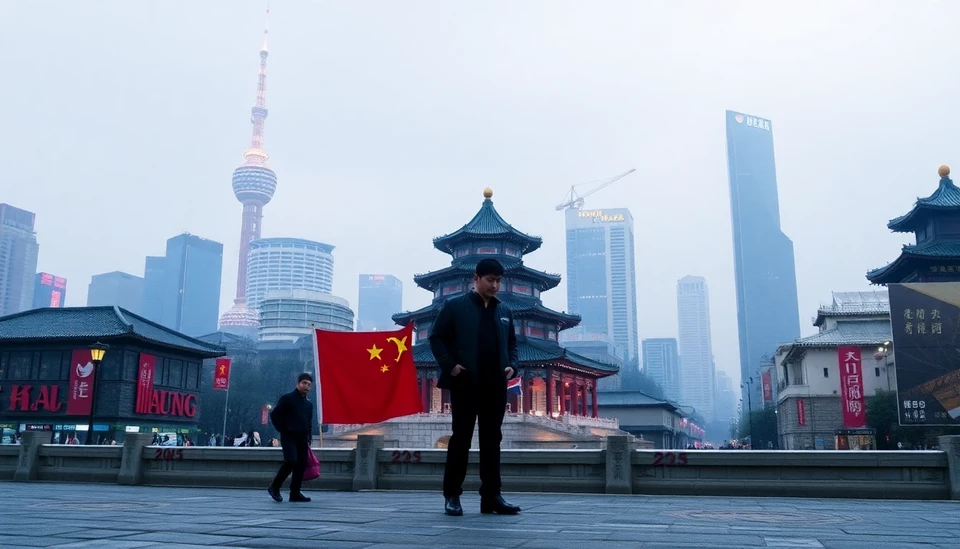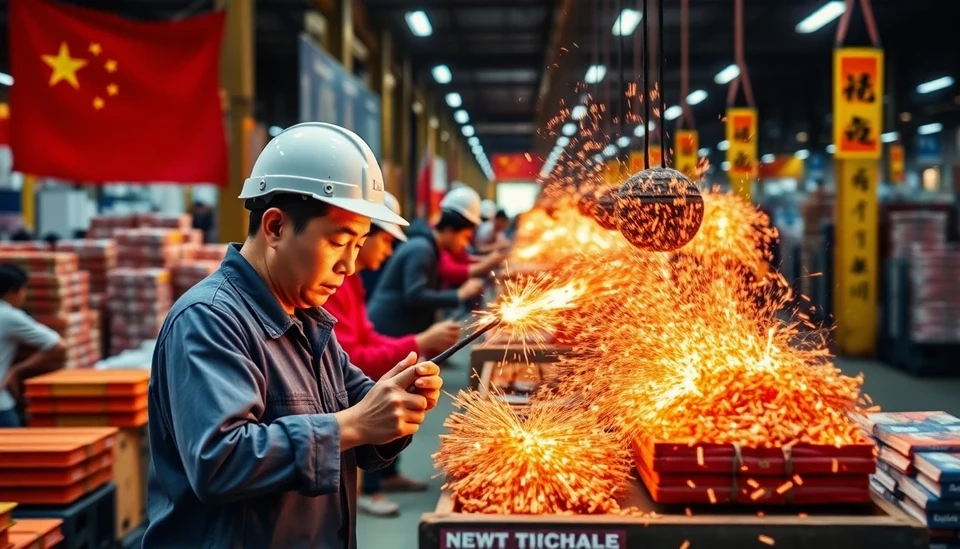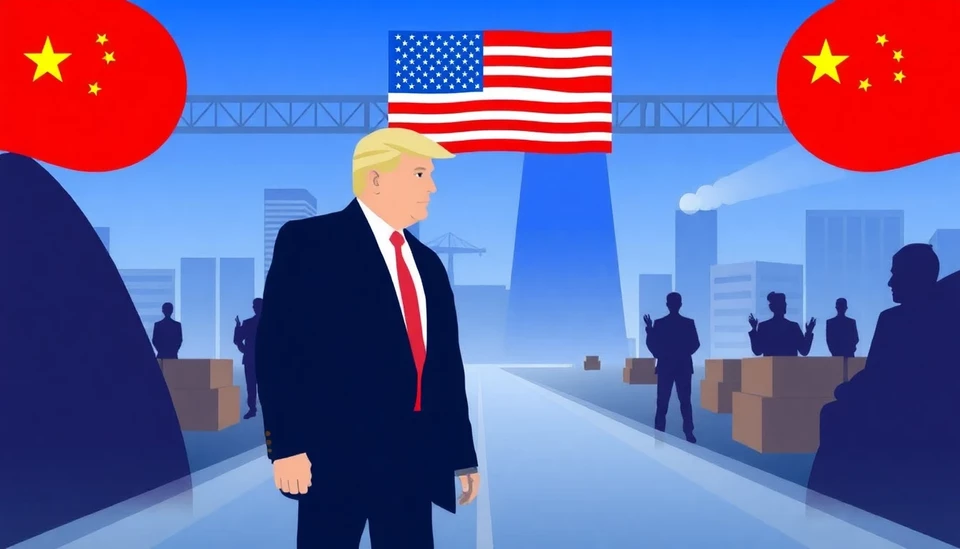
In a landscape increasingly marked by global economic uncertainties, analysts and investors are closely watching China's economic trajectory. Despite numerous warning signs and predictions of a bubble burst, China's economy seems to maintain its balance, leaving many puzzled about the resilience of its financial markets.
For years, speculation surrounding a potential collapse has been rampant. Various analysts and experts have pointed toward outstanding debt levels, unsustainable property prices, and a slowing growth rate as red flags indicating that China's economic bubble is on the verge of popping. Yet, these predictions have continuously failed to materialize, prompting a deeper analysis of the underlying factors contributing to this phenomenon.
One of the most significant elements at play is the strong governmental influence over financial markets. The Chinese government plays a pivotal role in managing the economy, employing methods that include interest rate adjustments, currency controls, and direct interventions in financial markets. As a result, the state has been able to stabilize certain sectors, ensuring that the bubble remains inflated longer than many analysts had anticipated.
Additionally, a vast pool of domestic savings fosters an environment where consumer spending remains buoyant. In contrast to many western nations where debt levels often limit the potential for consumer expenditure, Chinese households often save a majority of their incomes, creating a buffer that helps maintain economic stability even in uncertain times. This unique financial culture gives the government and the country’s financial institutions more breathing room to address any emerging crises without the immediate fallout seen in economies with low savings rates.
Furthermore, despite the economic slowdown and the persistent fears surrounding excessive property prices, the demand for real estate in China continues to show resilience. Homeownership remains a significant cultural aspiration, and government efforts to stimulate the market have led to a sustained interest from both domestic and foreign investors. Policies like allowing property purchase for investment purposes have kept the market buoyant and have kept the speculation alive.
Another element contributing to the bubble’s resilience is the ongoing influx of foreign investments. Companies and investors from around the world are still seeking opportunities within the Chinese market, attracted by its potential for growth, despite the risks involved. Thus, the ongoing engagement from foreign investors helps maintain an inflow of capital, further supporting the market.
However, the situation is far from perfect. Many economists caution that the current state of affairs is precarious, with the underlying issues slated to rear their heads eventually. The debt levels across various sectors are alarming, and if not managed carefully, they could lead to a significant financial crisis. Experts emphasize that while the bubble is still intact, the growing economic pressures could trigger an inevitable correction—a 'pop' of sorts—if a delicate balance is upset.
Ultimately, the question remains: how long can China stave off the predicted economic turmoil? The ability of the Chinese government to manage its economy efficiently and integrate reforms to address the underlying issues of debt and property pricing will be critical in determining if the bubble continues to hold or if it finally bursts.
As the world watches, economists urge caution in making predictions, recognizing that the resilience of China's economy is a topic of significant complexity that defies straightforward analysis.
#ChinaEconomy #EconomicBubble #GlobalFinance #Investing #ChinaRealEstate #FinancialMarket #DebtCrisis #EconomicGrowth
Author: Laura Mitchell
